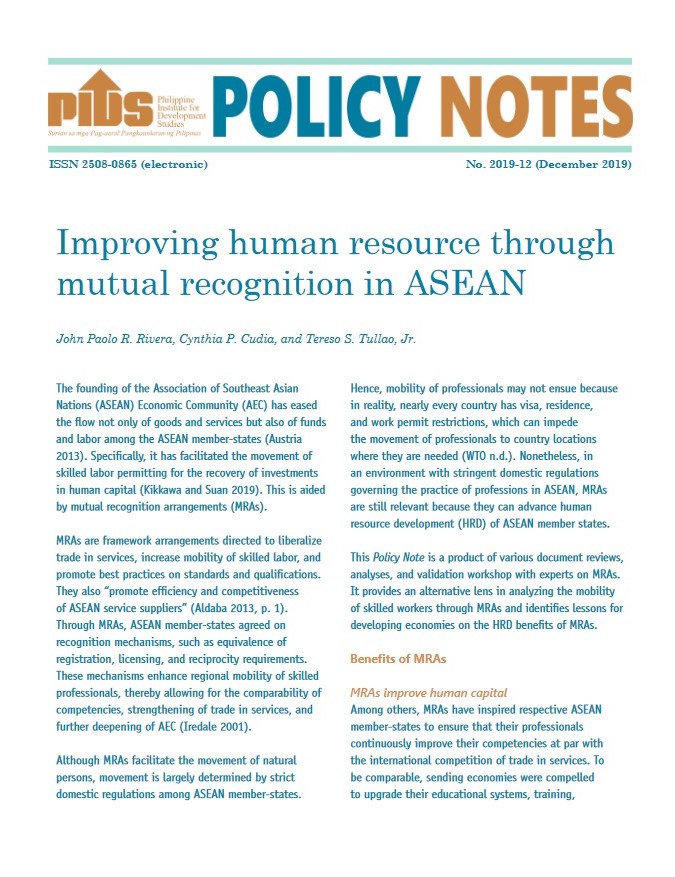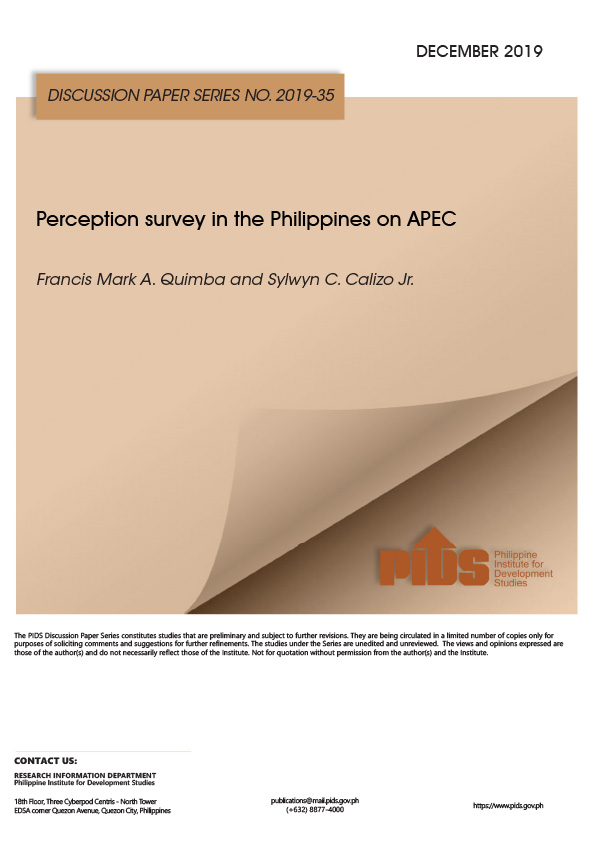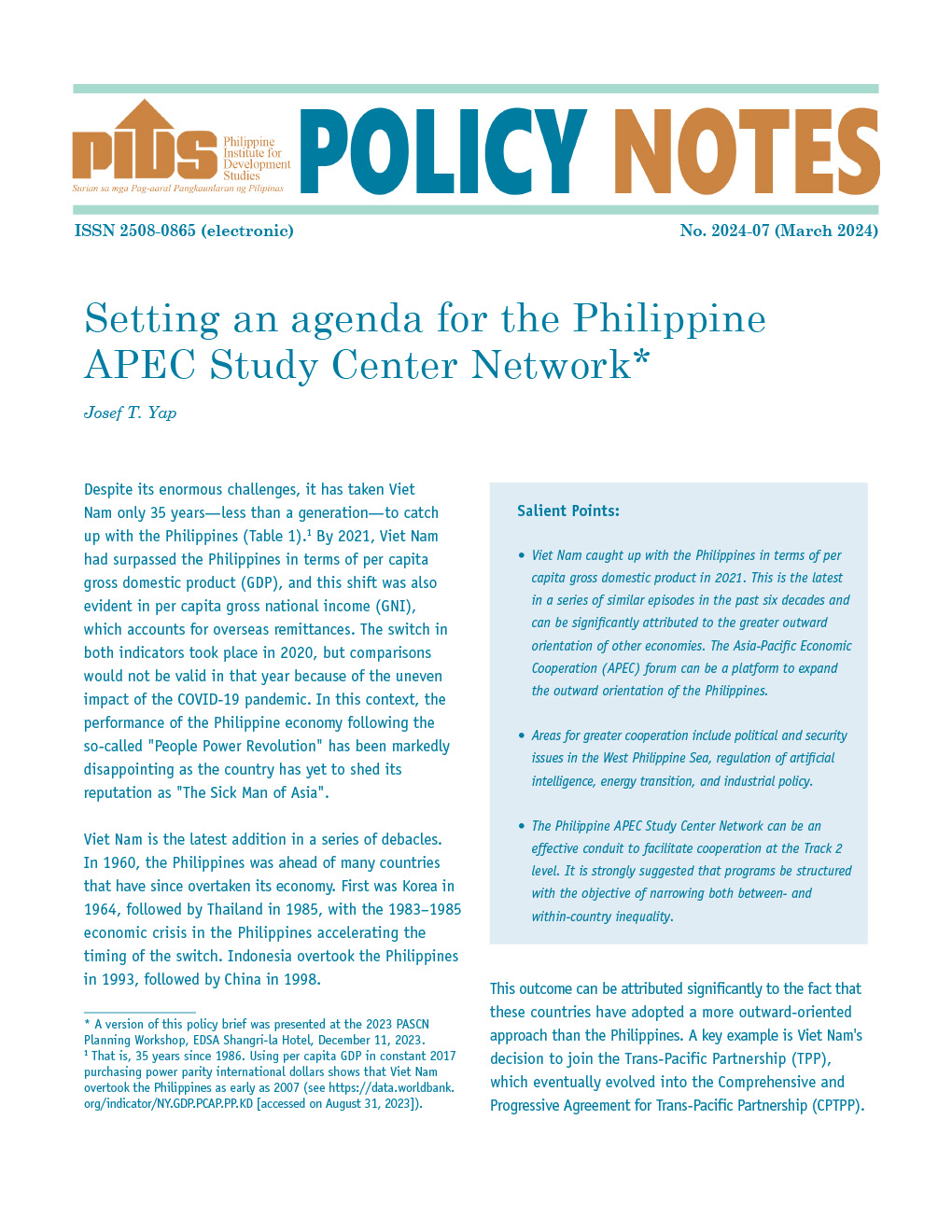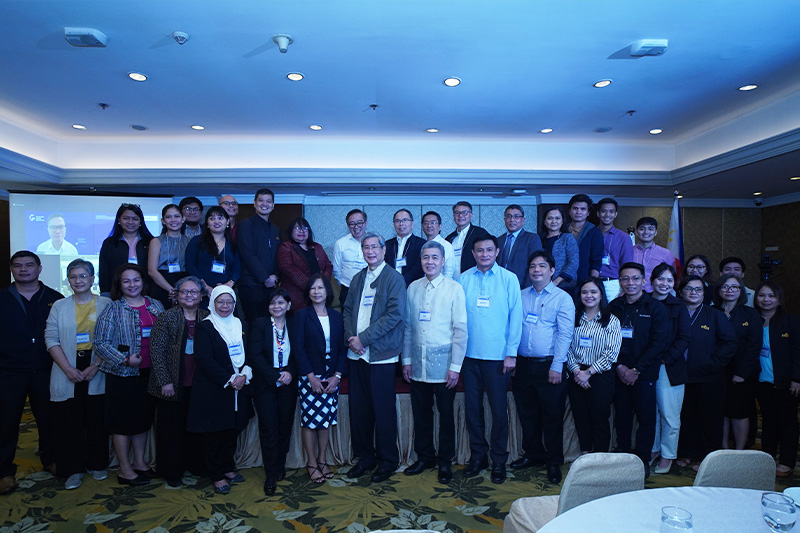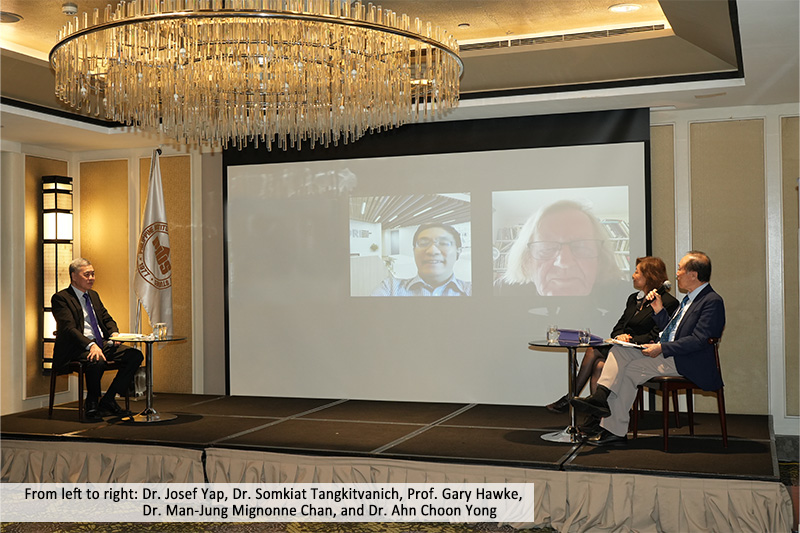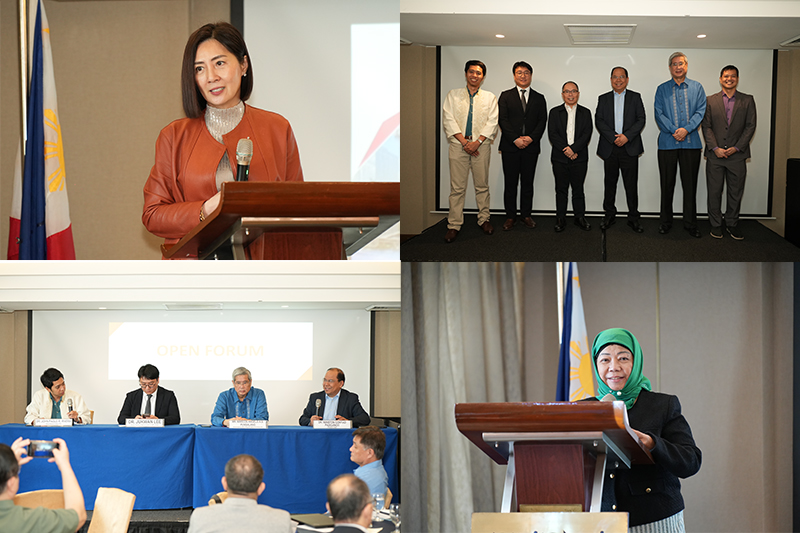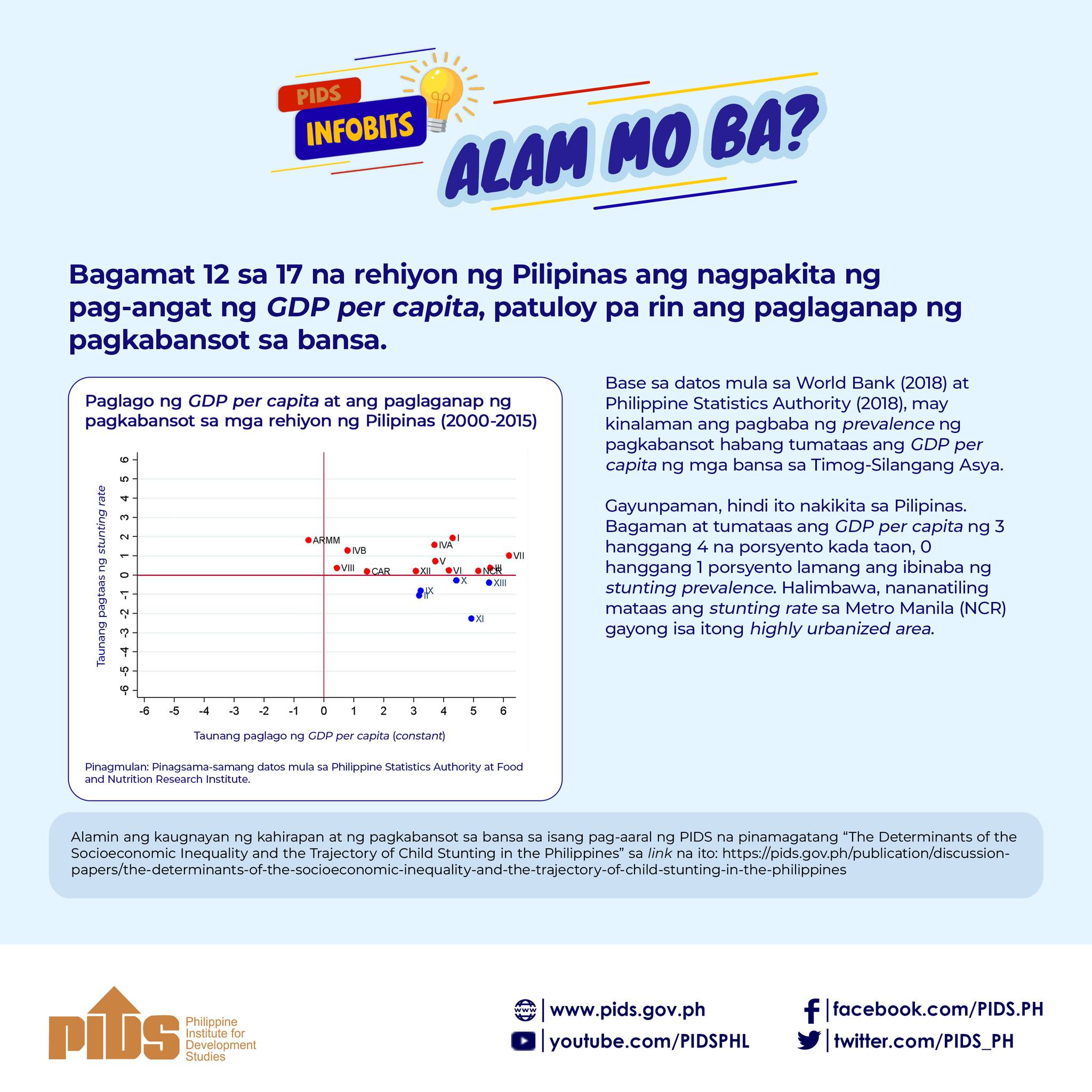Recent development in the global economy, particularly the withdrawal of the United States (US) from the Trans-Pacific Partnership (TPP), leaves the Philippines and other member-states of the Association of Southeast Asian Nations (ASEAN), in a vulnerable spot in the world market today.
As a way to fortify economic integration and ensure ASEAN’s economic stability amid global uncertainties, a roundtable discussion was organized by the Singapore Institute of International Affairs (SIIA), in collaboration with the Philippine Institute for Development Studies (PIDS) and the Economic Research Institute for ASEAN and East Asia (ERIA).<
SIIA Chairman Simon Tay said that in order to weather the seemingly “stormy global environment” in the region, ASEAN countries “must come together as a community, and be in synced politically, economically, and socio-culturally.
We need to knit together the ASEAN as a common production-based platform where we can see more inter-ASEAN investment flowing, and more outside investments coming to ASEAN, not just to one ASEAN country but across the region,” said Tay.
Upholding Tay’s statement, Undersecretary Ceferino Rodolfo of the Department of Trade Industry (DTI) in his keynote speech stated “that the departure of the US from the TPP, which is a multi-national trade agreement among countries that border the Pacific Ocean, will affect ASEAN countries like the Philippines in varying degrees and different levels”.
He said that the ASEAN must work together to avoid the repeat of a Brexit and learn from the lessons of the TPP.
The recent economic developments provide us lessons on inclusiveness. Particularly, the Brexit referendum provides us with the key message of engaging our stakeholders and the public in the policymaking process,” Rodolfo pointed out. <
The TPP experience, on the other hand, he explained “imparts a critical lesson on the importance of collective leadership in advancing regional free trade agreements”.
Nonetheless, Rodolfo maintains a positive outlook for the country and its ASEAN neighbors especially with the Regional Comprehensive Economic Partnership (RCEP) agreement that is currently in the negotiating table.
Despite recent developments coupled with rising protectionist sentiments such as the Brexit and the withdrawal of the US from TPP, ASEAN is ready to face a heightened global role in laying the foundation of the new global economy”, said Rodolfo.
The DTI official said that this major economic twist is an impetus to hasten the negotiations in the RCEP.
On a similar note, PIDS Vice President Marife Ballesteros, in her welcome remarks, said that the country’s “pushing for RCEP with China, India, Australia, South Korea, and New Zealand” will “greatly help in promoting free flow of trade” in the ASEAN region.
She mentioned that the Philippine government will need to continue liberalizing the goods sector by reducing import tariffs and conducting better monitoring of nontariff barriers and trade surveillance. “We need to position ourselves in order to take advantage of new trade opportunities that will come out from the rebalancing,” Ballesteros added.
According to her, small and medium enterprises as well as direct and indirect exporters will have a greater role to play in the ASEAN’s intensified economic integration. She likewise concluded that there will be an expansion of the service sector across the region, particularly in the areas of digital trade and financial and professional services.
The roundtable discussion, titled “Roundtable on the Future of the ASEAN community: Unlocking ASEAN’s next chapter”, was held in Makati City. It was the first collaboration between PIDS and SIIA—both top think tanks in Southeast Asia and the Pacific based on the Global Go-To-Think Tank Index released by the University of Pennsylvania. (PIDS)

